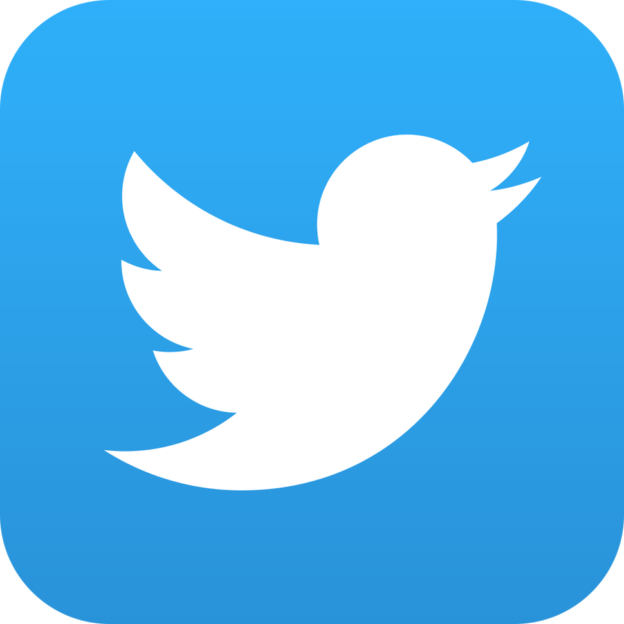Our project is trying to determine attitudes towards black Twitter, and things that people associate with black Twitter. We will collect tweets with key words and hashtags associated with black Twitter and organize the tweets by location, sentiment, and other categories. Our project is trying to determine attitudes towards black Twitter, and things that people associate with black Twitter. We will collect tweets with key words and hashtags associated with black Twitter and organize the tweets by location, sentiment, and other categories.
We will produce visualizations of our findings, examples of tweets, and a write-up of our process and findings. Our group just recently solidified our project focus so we do not have completely defined roles yet. I am an avid Twitter user and while I do not tweet daily, I scroll through hundreds of tweets per day. I am also a black person, and I consider being black a big part of my existence and how I move through the world, so I believe I will have particular insight when it comes to analyzing black Twitter. I also love writing. 🙂 I will give as much insight as possible, and try to make sure that our whole project is going smoothly. I am willing to step into any role and contribute to the project in any way that is useful.
Technically speaking, our project will include:
- Pulling tweets from the Internet
- Organizing the tweets into categories
- Using a tool to visualize our findings (perhaps Voyant and/or other tools)
This reading directly lines up with our project. Lisa Nakamura, “The Unwanted Labour of Social Media: Women of Color Call Out Culture As Venture Community Management.” The technologies that we are using will not include every tweet that could be deemed as being from black Twitter. It may even include some tweets that some may deem to not be from black Twitter. We need some way to aggregate tweets, and the best way we know how to do that is with hashtags and keywords that we associate with black Twitter. This will also give us tweets with different sentiments because I am sure that people who disagree with certain tweets will tweet using the same hashtags to mock or make a point about the tweet.

4 responses to “Twitter Project Journey”
I think it’s interesting how your project directly lines up with Lisa Nakamura’s “The Unwanted Labour of Social Media: Women of Color Call Out Culture As Venture Community Management,” as that reading really reasonated with me. I’m curious in learning more about how you will aggregate the tweets for your project. Will you be using some sort of spreadsheet to compile all of the hashtags and keywords, or are you designing an algorithm to do that for you? It is good to see that you like writing and I’m interested in seeing how you’ll combine that interest with the techincal aspects of this project!
I had sort of heard of Black Twitter before this but never fully understood it until this post and looking it up. The way you talk about it I thought it was an entirely different Twitter platform, but now I realize black Twitter is just a subset of Twitter denoted by the hashtag. This sort of creates an entirely new Twitter website almost as if it was a different app completley just because of the extent that it is used, it’s very cool! I am looking forward to learning more about your project and seeing how it plays out. It would be very cool to see Voyant results of as much of the corpus as you can find.
Amara,
I’m particularly excited about this project because I did not know what black Twitter was until your project group taught me about it a few weeks ago. So, do black twitter tweets always or usually have the hashtag #blacktwitter to identify it as such? or is black Twitter a you-know-it-when-you-see-it phenomenon? Or can a tweet that is perhaps not intended to be a black tweet *be* a black tweet based on who is reading it? I’m fascinated and excited to learn more. You have a lot to offer your team!
Amara, I think it is great that you want to incorporate your social location into our project’s process and analysis. All of us in the group should do so. It is important to understand the sources of our contingent attitudes toward issues of social justice, and social location is a key element of that attitudinal development.
It seems like the biggest difference in our visions of the project is in our orientations to Black Twitter. I think it will be difficult to isolate people’s attitudes toward Black Twitter itself, but I wholeheartedly agree that we should try to analyze people’s attitudes towards the issues that Black Twitter emphasizes. I wonder how this analytical difference between us (your starting point is Black Twitter, mine is Black Lives Matter) implicates our understandings of the process of this project and its end goals. It is probably worth discussing as a group at some point.